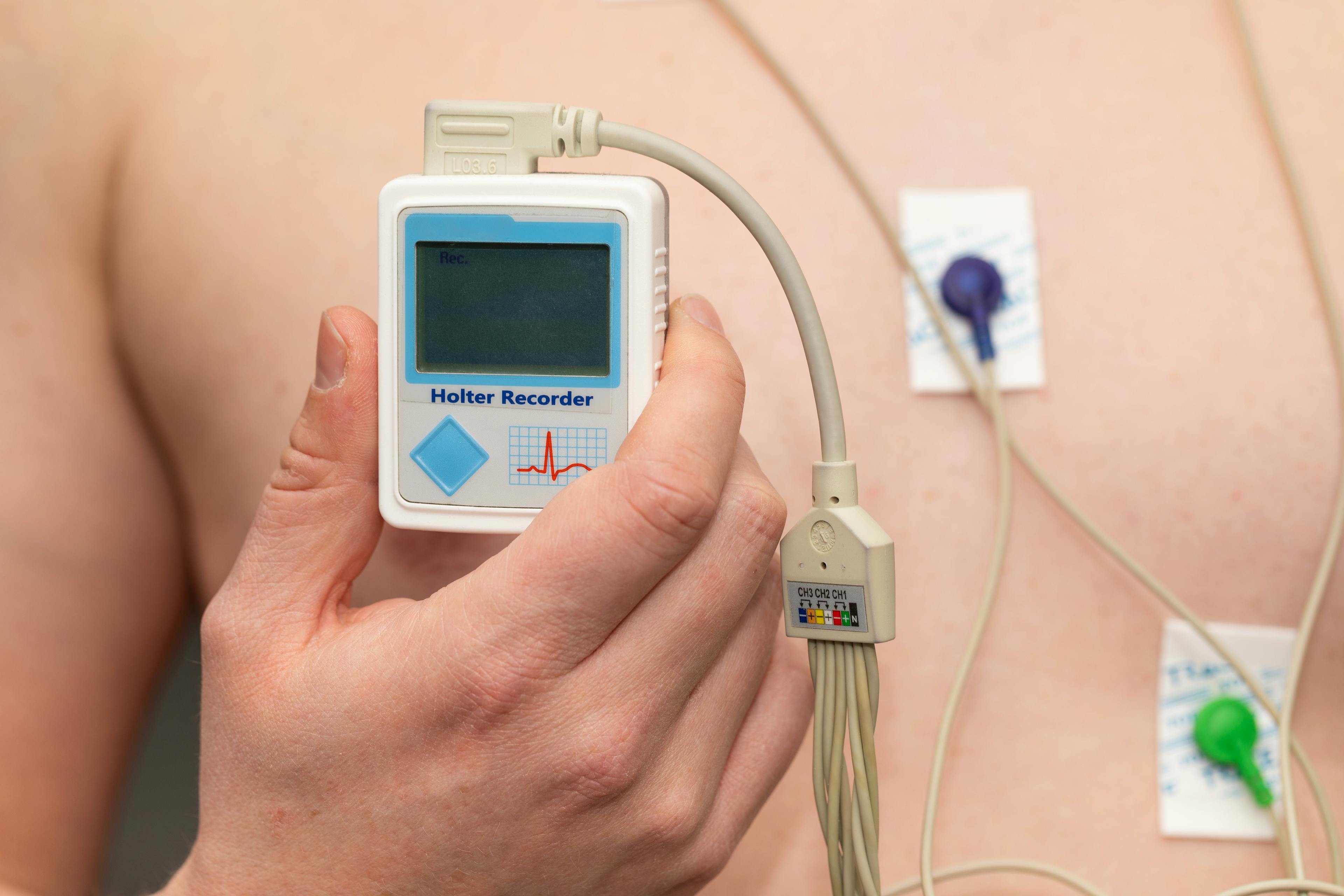Care for Valve Problems and Congenital Heart Defects
Structural and congenital heart conditions affect the anatomy and function of the heart—either present at birth or developing over time. Some conditions are mild and monitored regularly, while others require advanced intervention to restore healthy blood flow and prevent complications. At every stage, personalized care and precise diagnostics make a meaningful difference in long-term heart health.
Conditions We Treat
Atrial Septal Defect
A congenital hole in the wall between the heart’s upper chambers. Smaller ASDs may be monitored with regular imaging, while larger ones can lead to abnormal blood flow and strain on the heart. Diagnosis often includes transthoracic or transesophageal echocardiography (TEE). Treatment may involve catheter-based closure or, for complex cases, surgical repair.
Mitral Valve Disease
The mitral valve may become narrowed (stenosis) or leaky (regurgitation), leading to symptoms like fatigue, fluid buildup, or irregular heart rhythms. Management can include medications, routine echocardiographic monitoring, or valve repair or replacement. For patients who aren’t candidates for surgery, transcatheter mitral valve repair (TMVR), such as MitraClip, may be recommended.
Aortic Stenosis
A narrowing of the aortic valve that limits blood flow from the heart to the body. This can lead to chest pain, fainting, and even heart failure if untreated. Mild cases may be monitored. More advanced cases are treated with surgical aortic valve replacement (SAVR) or the less invasive transcatheter aortic valve replacement (TAVR), depending on individual risk factors.
Structural Heart Disease
This broad category includes abnormalities in the heart’s valves, walls, or chambers. Common examples include septal wall defects, valve defects, or structural complications from cardiomyopathy.
Treatment options range from medication and lifestyle guidance to advanced procedures like left atrial appendage closure (LAAC) or septal myectomy. Care decisions are often made through a Heart Team approach, which brings together specialists to determine the safest, most effective path forward.

